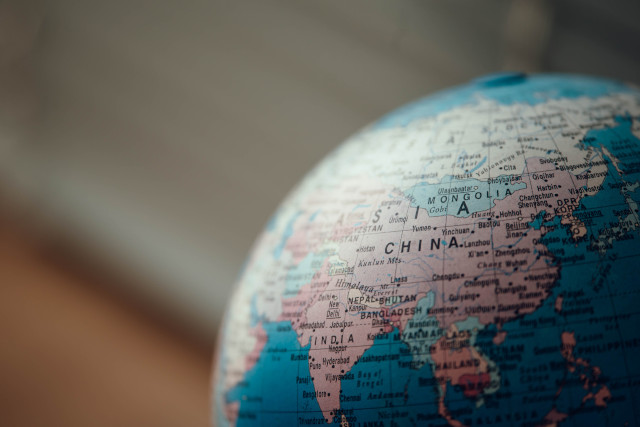
Photo by 🇨🇭 Claudio Schwarz | @purzlbaum on Unsplash
- Two Best Friends and the Global Treasure Hunt for Coronavirus Supplies
The Department of Health and Human Services estimated earlier this year that the U.S. could need more than 3.5 billion face masks if a pandemic took hold domestically, which it did with a vengeance this month.
The problem is compounded by the decentralized nature of the U.S. health-care system. Whereas hard-hit nations like Italy and China can buy equipment for their whole country at once, U.S. hospitals less frequently band together.
Prices for the coveted N95 mask, preferred for its ability to block out viral particles, have shot up this month from around $1 apiece to $5 or more, depending on the supplier, buyers said. A single hospital may burn through tens of thousands a day.
- 3M Making More Masks
- How Decades of Offshoring Led to a Mask Shortage in a Pandemic
The emergence of Covid-19 in China made the risks of concentrating production of US health workers’ protective gear in one country painfully clear. The initial outbreak in Hubei province caused a surge in demand for masks inside China, and cut supplies when authorities shuttered factories to halt the virus’ spread. Production of masks has now resumed and companies are expanding capacity, but not much of it has shown up outside China.
One ripple effect has been ringing phones at Monadnock Nonwovens. The company has been swamped with inquiries including from manufacturers in the US, but mostly from elsewhere, such as Asia and South America, who are trying to expand their mask output, and sometimes scrambling to replace materials previously sourced from China.
Hayward says he’s hired more workers and adapted some equipment to produce face mask material, rather than other products, around the clock. The material is made from fine strands of plastic on a machine about 40 feet long and 20 feet high that operates something like a paper mill, churning out nonwoven fabric with tight pores on giant rolls. So far, supplies of the raw plastic have held up.
https://www.wired.com/story/decades-offshoring-led-mask-shortage-pandemic/
- Instructional video for sewing the Olson mask
- If you’re working from home, chances are you’ll save money
There may be a clear silver lining to remote work: It often saves workers money by cutting expenses such as commuting costs, say remote workers and experts in the field. But you’ll likely face some tradeoffs, such as paying for more bandwidth to handle videoconferencing and office supplies – the type of “expenses that are normally provided within a traditional office setting,” says Amelia Green-Vamos, a Glassdoor career trends expert. Some employers say they plan to reimburse workers for those extra costs.
Remote workers typically save about $4,000 a year by working from home, according to a study from FlexJobs, an online job service that specializes in flexible jobs. That comes from saving on commuting costs as well as paring spending on coffee, lunches and a professional wardrobe.
https://www.usatoday.com/story/money/2020/03/22/working-home-likely-save-you-money/5024967002/





